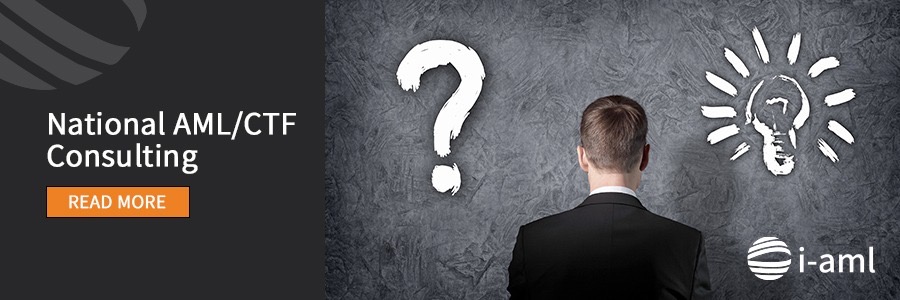The European Union presidency and the European Parliament have reached a provisional agreement on a proposed EU law aimed at expediting and facilitating national authorities’ access to financial information. Such access plays a crucial role in financial investigations and efforts to track and seize illicit proceeds.
Under the agreement, EU member states will be required to make data from centralized bank account registers available through a single access point, in order to comply with an upcoming anti-money laundering directive.
These registers contain information on bank account holders and their respective banks.
The agreement will allow not only financial intelligence units but also national authorities that handle criminal offenses to access the data.
“Access to financial information is a crucial instrument to trace and confiscate proceeds of crimes. Thanks to the agreement reached by the Council and the European Parliament, our police authorities will have better access to illegal money flows” said Swedish Minister for Justice, Gunnar Strömmer.
Currently, such information must be collected via regular cross-border cooperation channels, causing delays and inefficiencies.
Additionally, the European Parliament has endorsed the European Council’s proposal requiring financial institutions to share transaction records, such as bank statements, in a standardized format when providing them as part of investigations. This harmonized format is expected to streamline and expedite the work of law enforcement agencies.
The proposed measures stem from an anticipated revision of the EU anti-money laundering directive, which envisions granting law enforcement authorities access to and the ability to search bank account registries through a central access point.
While the new anti-money laundering directive currently limits access to financial intelligence units, this agreement is necessary to ensure that law enforcement authorities also enjoy the same level of access.
The agreement must now be endorsed by member states before it can be formally adopted by both the Council and the European Parliament. This adoption will coincide with the adoption of other related legislative instruments in the area of anti-money laundering, which are currently undergoing negotiations.
Denmark is not participating in the adoption of the proposed measure.
According to Transparency International EU and Global Finance Integrity, the estimated value of transnational corruption worldwide which relies on “techniques to disguise the origins and destinations of illicit financial flows ranges from €1.3 trillion (US$1.39 trillion) to €1.8 trillion ($1.93 trillion) annually”.
“A relatively stable political environment makes the EU an attractive destination for laundering the proceeds of crime,” they say.
Research indicates that illicit activities within the EU generated approximately 110 billion euro ($118.08 billion) in 2010, equating to approximately 1% of the EU’s GDP.
Additionally, the European Commission estimates that tax fraud and evasion are causing the EU to lose up to one trillion euro annually.
June 8, 2023 Published by The Organized Crime and Corruption Reporting Project.







